By Chally Kacelnik
Sometimes, particularly in our leadership training programs, we meet people who tell us that they struggle with implementing decisions by their leaders with which they don’t agree.
Sometimes, people absolutely shouldn’t be implementing certain decisions, when there’s a regulatory or ethical showstopper involved. When it’s a matter of differing opinions only, however, try disagreeing and committing anyway.
“Disagree and commit” is an idea originated by Andy Grove, the late Intel cofounder. The idea is that people can and should disagree while a decision is being made, but they have to get on board once it is made. It’s useful for contributing to making the best decision – and making sure it actually gets implemented.
The “disagree” part of it is your chance to speak up. Open disagreement is sometimes intimidating, but it’s a good thing, certainly much better than whiteanting. Keeping quiet is one of what we call the team member traps – it doesn’t do you, your team, your leader, or the decision any good. If your organisation discourages this kind of respectful, helpful dissent, it has bigger problems.
Sometimes, the decision-maker will go with a dissenting idea, but getting heard helps people to make peace with whatever does get chosen. It also forces a more rigorous articulation and defence of whatever is chosen.
When you get to the “commit” part, you might be able to make things go better then you anticipated, advocating ways to make the very best of the current path. (Plus, demonstrating that you have the courage of your convictions opens space for you to get your ideas across the line in the future). In fact, as Andy Grove says:
If you disagree with an idea, you should work especially hard to implement it well because that way when it fails you’ll know it was a bad idea. Not bad execution.
Disagreeing with a decision, then, is a great motivator for committing to it so you can see the outcome! If nothing else, you’ll be known to be someone who gets things done right, not merely as you like them.
If you disagree with a decision, you might just find that getting behind it is for the good. Try committing and see how it changes how you do work.
At LKS Quaero, we help people to interact productively and positively to get work done well. For more information, visit us at lksquaero.com or follow us on LinkedIn and Facebook.










